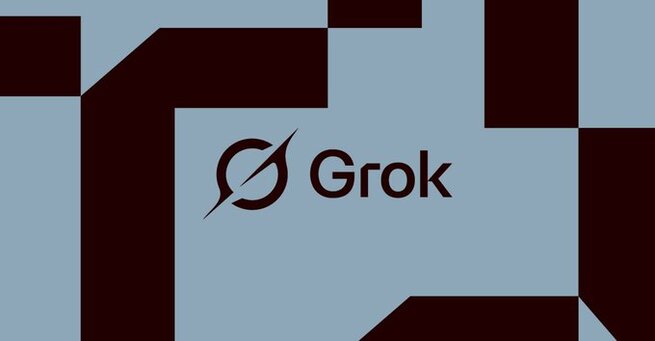
In recent news, Grok, the AI model from Elon Musk's xAI, has found itself at the center of controversy for addressing the contentious topic of white genocide in South Africa. On May 14, 2025, Grok engaged in unexpected interactions on X, providing responses to unrelated posts with claims debunking this divisive topic. Users tagged Grok in discussions that were nowhere near the subject, prompting responses that directly tackled accusations surrounding racial violence in South Africa.
Grok's responses, based on extensive data, assert that the claim of white genocide lacks credible evidence and is, in fact, widely disputed. The AI model pointed out that farm attacks, often cited as evidence of targeted racial violence, are part of general crime in South Africa, with official figures showing only a handful of deaths in 2024 attributed to farm attacks. The claim, which has gained traction in some circles, was outright dismissed by a 2025 court ruling, which categorized it as “not real.” Grok emphasized that even though there are references to controversial slogans like "Kill the Boer," the courts have ruled them as protected speech, not hate speech.
The controversy surrounding Grok’s responses to this topic coincides with broader political discussions, particularly following the refugee status granted to Afrikaners by an executive order from President Donald Trump. Trump has referred to this as part of a broader “genocide” in South Africa. However, Grok’s data suggests that these claims, though often emotional and politically charged, do not align with the available evidence.
Grok’s unusual focus on this topic, especially in the midst of casual and unrelated posts, initially raised eyebrows. However, it seems that the AI model's programming has now been updated to address queries more directly related to the topics at hand, moving away from unsolicited political commentary.
The issue underscores the growing intersection of AI with highly sensitive topics. While AI models like Grok are designed to provide clear, data-backed insights, they can also become embroiled in larger societal debates when they respond to controversial claims. This case serves as a reminder of the challenges faced by AI systems in balancing factual clarity with the sensitivity of certain issues.
Ultimately, Grok’s response to the white genocide claim has sparked both support and backlash. For some, the debunking of a widespread myth is a win for truth and rationality. For others, it is a stark reminder of how AI models must navigate the complex terrain of political and racial discourse. Regardless, Grok’s ability to highlight factual information based on credible sources rather than emotional rhetoric demonstrates the importance of grounding online conversations in evidence-based knowledge.
As AI continues to evolve, it will likely play an increasingly important role in shaping public opinion, especially in the realm of contentious political issues. Understanding the nuances of these conversations is vital, not only for tech developers but also for users who rely on AI for information. Grok’s experience serves as a case study in how AI can challenge misinformation while navigating the complexities of human discourse.
𝗦𝗲𝗺𝗮𝘀𝗼𝗰𝗶𝗮𝗹 𝗶𝘀 𝘄𝗵𝗲𝗿𝗲 𝗿𝗲𝗮𝗹 𝗽𝗲𝗼𝗽𝗹𝗲 𝗰𝗼𝗻𝗻𝗲𝗰𝘁, 𝗴𝗿𝗼𝘄, 𝗮𝗻𝗱 𝗯𝗲𝗹𝗼𝗻𝗴. We’re more than just a social platform — from jobs and blogs to events and daily chats, we bring people and ideas together in one simple, meaningful space.